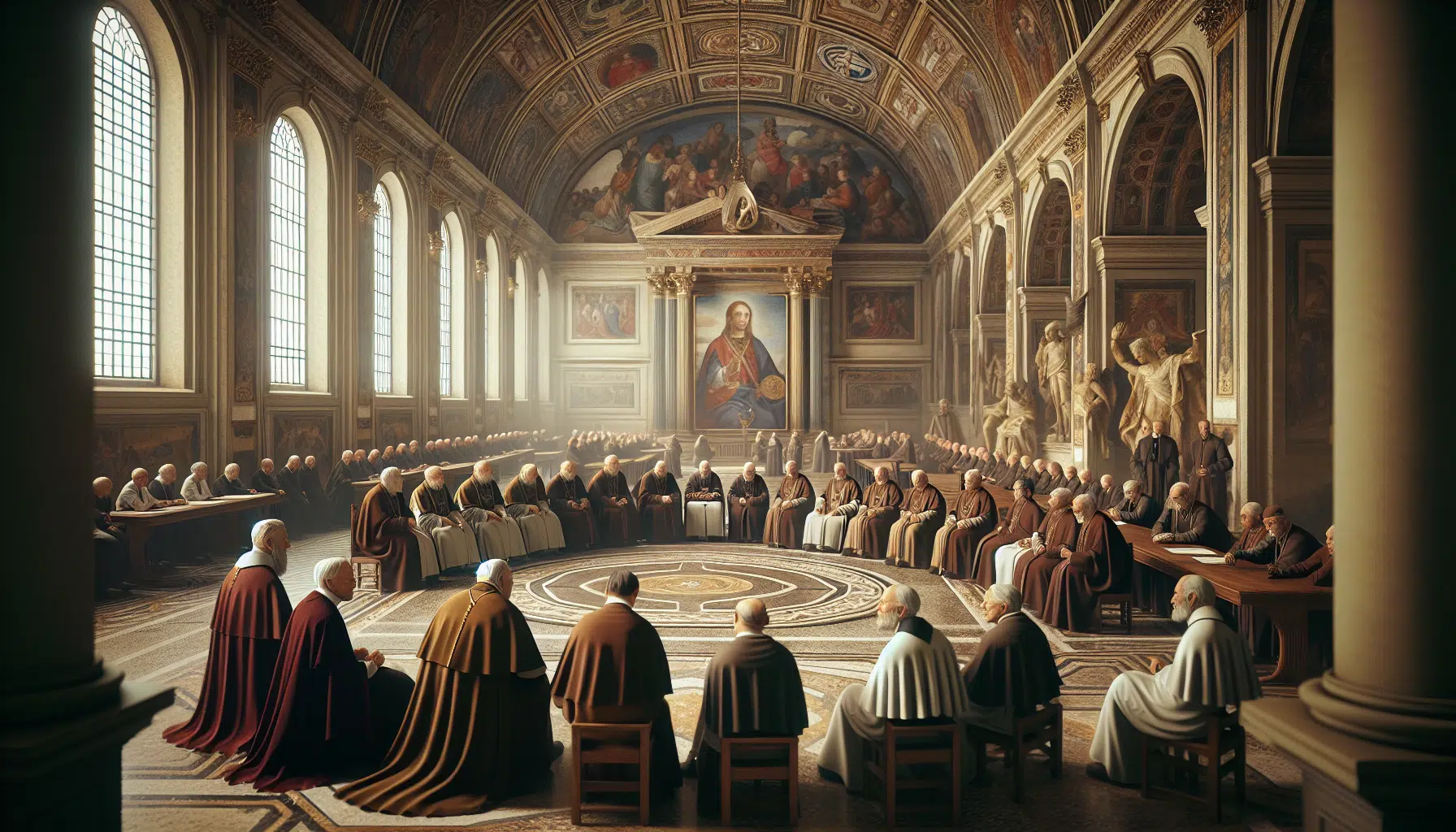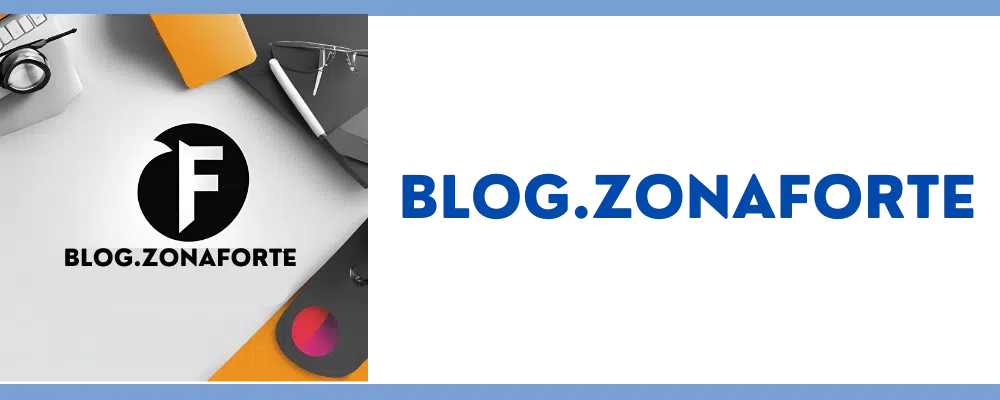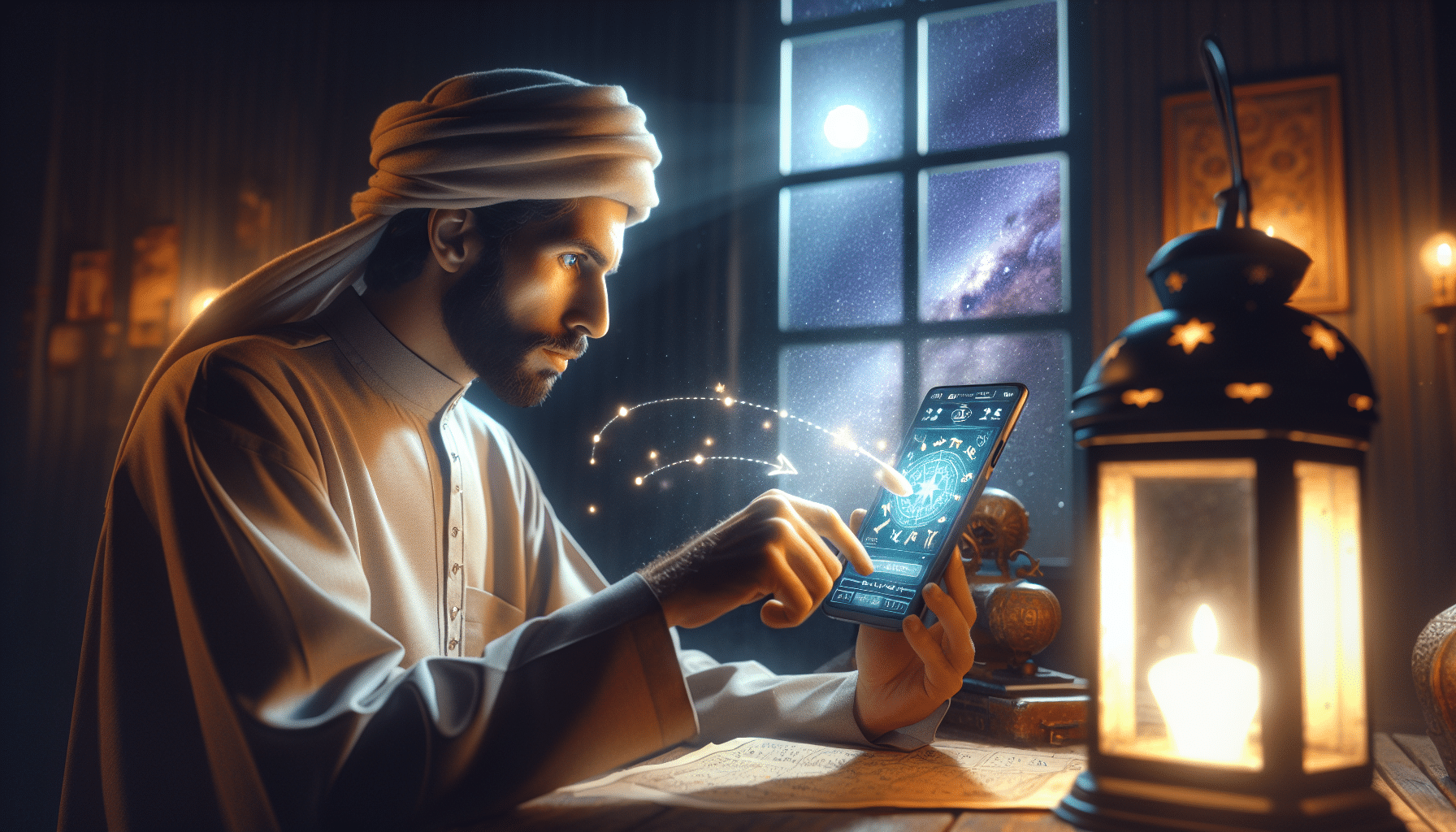Advertisements
The Catholic Church is in a period of expectation and reflection regarding the possibility of new leadership. At a time when the world faces constant challenges, the figure of the Dad He represents not only a spiritual guide for millions, but also a beacon of hope and change. See the Pope's possible successors.
The election of a new leader is an event of great global significance, and therefore, analyzing the current Pope's potential successors takes on special importance. This phenomenon generates genuine interest and curiosity that transcends the boundaries of the religious sphere.
Advertisements
Every pontificate leaves its mark on history, and the cardinals who are emerging as next in line have careers that could significantly influence the future direction of the Church.
This analysis not only focuses on the most well-known figures, but also explores the profile of less high-profile cardinals who nonetheless wield considerable influence within the College of Cardinals.
Advertisements
The cardinals' diverse backgrounds and nationalities offer a rich perspective on the values and priorities that could define the next papacy.
The history of the Church has shown that the election of a Pope often comes as a surprise, as the conclave is governed by complex internal dynamics.
Analyzing the backgrounds, influences, and theological positions of potential candidates not only enriches our understanding of the process but also provides a glimpse into the possible directions the Church could take in terms of doctrine, internal policies, and international relations.
See also:
- Earthquake safety with an innovative app
- Piano teacher in your pocket
- Discover the Wild West at home
- Master motorcycle mechanics today!
- Connect instantly with Walkie Talkie today
In this context, it becomes crucial to examine the characteristics that could determine the leadership of the next Pope. Will he be a reformist, a traditionalist, or a combination of both?
What role will contemporary issues such as the environmental crisis, social inequalities, and interfaith dialogue play in their agenda? These are just some of the questions that will be addressed as we delve deeper into the profiles of each of the leading candidates.
Thus, the path to the next conclave is a topic of great interest, generating speculation and debate around the world.
This analysis seeks to provide a comprehensive and up-to-date overview, highlighting not only the individual profiles of the potential successors, but also the impact their election could have on the future of the Catholic Church and its global influence.
The most prominent candidates
Cardinal Luis Antonio Tagle
Cardinal Luis Antonio Tagle of the Philippines is one of the most talked-about names when it comes to possible successors to the Pope. At 66, Tagle is known for his closeness to the faithful and his ability to connect with people of all ages.
He has been described as a charismatic figure who embodies the ideals of the modern Church, with a focus on mercy and compassion.
As Prefect of the Congregation for the Evangelization of Peoples, Tagle has significant experience promoting the Catholic faith globally.
His experience in Asia, a region with a growing number of Catholics, positions him favorably as a candidate who could strengthen the presence of Catholicism on the continent.
Cardinal Peter Turkson
Cardinal Peter Turkson of Ghana is another potential successor to the Pope. As Prefect of the Dicastery for Promoting Integral Human Development, Turkson has worked tirelessly on issues related to social justice, poverty, and sustainable development.
Its focus on socioeconomic and environmental issues resonates with the Church's current priorities, which seek to address global challenges from an ethical and moral perspective.
Turkson, 74, also represents an opportunity for the Church to strengthen its presence and leadership in Africa, a continent with a growing Catholic population.
Cardinal Matteo Zuppi
Italian Cardinal Matteo Zuppi, Archbishop of Bologna, is a prominent figure in the Italian ecclesiastical context. Known for his work in conflict mediation and interreligious dialogue, Zuppi has been a consistent advocate for peace and justice.
His pastoral approach includes particular attention to the marginalized and the poor, which is in line with the direction Pope Francis has sought to give the Church.
At 67, Zuppi is seen as a potential candidate who could continue the current Pope's reformist approach, especially on issues of inclusion and dialogue.
The role of the conclave in the election
The process of electing the new leader of the Catholic Church takes place in a conclave, an event traditionally shrouded in secrecy and solemnity.
During the conclave, cardinals under the age of 80 gather in the Sistine Chapel to elect the new pope. The total number of cardinal electors must not exceed 120, ensuring that the election is a manageable and deliberate process.
During this time, the cardinals are completely isolated from the outside world, allowing them to reflect and pray about their decision without distractions.
- Cardinal electors are the only ones with the right to vote.
- The voting process is conducted in secret to ensure honesty and integrity.
- To be elected Pope, a candidate must receive a two-thirds majority of the votes.
- White smoke rising from the chimney of the Sistine Chapel indicates that a new Pope has been elected.
The election of a new Pope is not only a matter of spiritual leadership; it also has significant political and cultural implications for the Church and for the 1.3 billion Catholics worldwide.
Cardinals must consider the direction they desire for the Church in the future, as well as the candidate's personality and abilities to lead in times of change and challenge.
The influence of regions and continents
The election of a new Pope often reflects the internal dynamics of the Catholic Church and its desire to represent its diverse global congregation.
With Catholicism being a global religion, a Pope's geographic origin can be a crucial factor in his or her election. Popes from different parts of the world can bring unique perspectives and foster greater inclusion within the Church.
Europe and its traditional role
Historically, Europe has been the heart of the Catholic Church, with a majority of Popes coming from this continent. However, over time, the Church has recognized the importance of reflecting its global diversity.
Still, Europe remains an influential region, not only because it is home to the Vatican, but also because of its rich Catholic history and tradition.
The rise of Asia and Africa
The regions of Asia and Africa are seeing significant growth in the number of Catholics, making these continents areas of interest for the Church.
The election of a Pope from these regions could symbolize a commitment to the future of the Church in these areas. An Asian or African Pope could enhance the Church's representation and connection with its faithful on these expanding continents.
Latin America and its growing influence
Latin America is home to a large Catholic population, and the election of Pope Francis, the first Latin American pope, was a recognition of this.
His leadership has highlighted the concerns of Catholics in this region, including issues of social justice and poverty. The next conclave could again consider electing a Pope from this region to continue strengthening ties with Latin America.
The current challenges facing the Church
The Catholic Church is at a pivotal moment, facing multiple challenges that the next leader must address with wisdom and compassion.
These challenges include internal and external issues that affect both the public perception of the Church and its internal functioning.
Internal reforms and transparency
One of the greatest internal challenges for the Church is the need for reform and greater transparency, especially regarding issues of abuse and mismanagement.
The scandals have shaken the confidence of parishioners and raised questions about responsibility and accountability within the church hierarchy.
The new Pope will need to address these issues decisively, implementing changes that restore trust and credibility.
Interreligious dialogue and peace
In an increasingly interconnected yet divided world, interfaith dialogue is essential to promoting peace and mutual understanding.
The next Pope's ability to foster positive relations with other religions and promote peaceful coexistence will be crucial to the Church's role on the global stage. This will not only help ease tensions but could also open up new opportunities for cooperation and understanding.
The modernization of the doctrine
The Church also faces the need to modernize its doctrine to better reflect the realities of the contemporary world. Issues such as the role of women in the Church, LGBTQ+ rights, and the stance on climate change are areas where many parishioners are seeking guidance and change.
The next leader will have the difficult task of balancing tradition with the need for evolution, ensuring that the Church remains relevant and accessible to future generations.

Conclusion
The election of the next Pope is a decisive moment for the Catholic Church, laden with spiritual, cultural, and political implications.
In a rapidly changing global context, the future Pope's leadership will be crucial in addressing current challenges and charting a course toward an inclusive and renewed future.
Among the most prominent candidates, Cardinal Luis Antonio Tagle, Cardinal Peter Turkson, and Cardinal Matteo Zuppi represent diverse facets of what the Church could aspire to be.
Tagle, with its focus on mercy and connection to Asia, could strengthen the Catholic presence on a growing continent.
Turkson, with his commitment to social justice and sustainable development, symbolizes the desire to address global challenges from an ethical perspective. Zuppi, through his work in interfaith dialogue and peace, embodies the call for inclusion and reform.
Furthermore, the next leader will have to navigate the complexities of interfaith dialogue, the need for internal reforms, and the modernization of doctrine to ensure the Church's relevance in the 21st century.
With a conclave that could lean toward a candidate from Asia, Africa, or Latin America, the election will reflect the Church's global diversity and its commitment to leadership that embraces and represents all its faithful.




